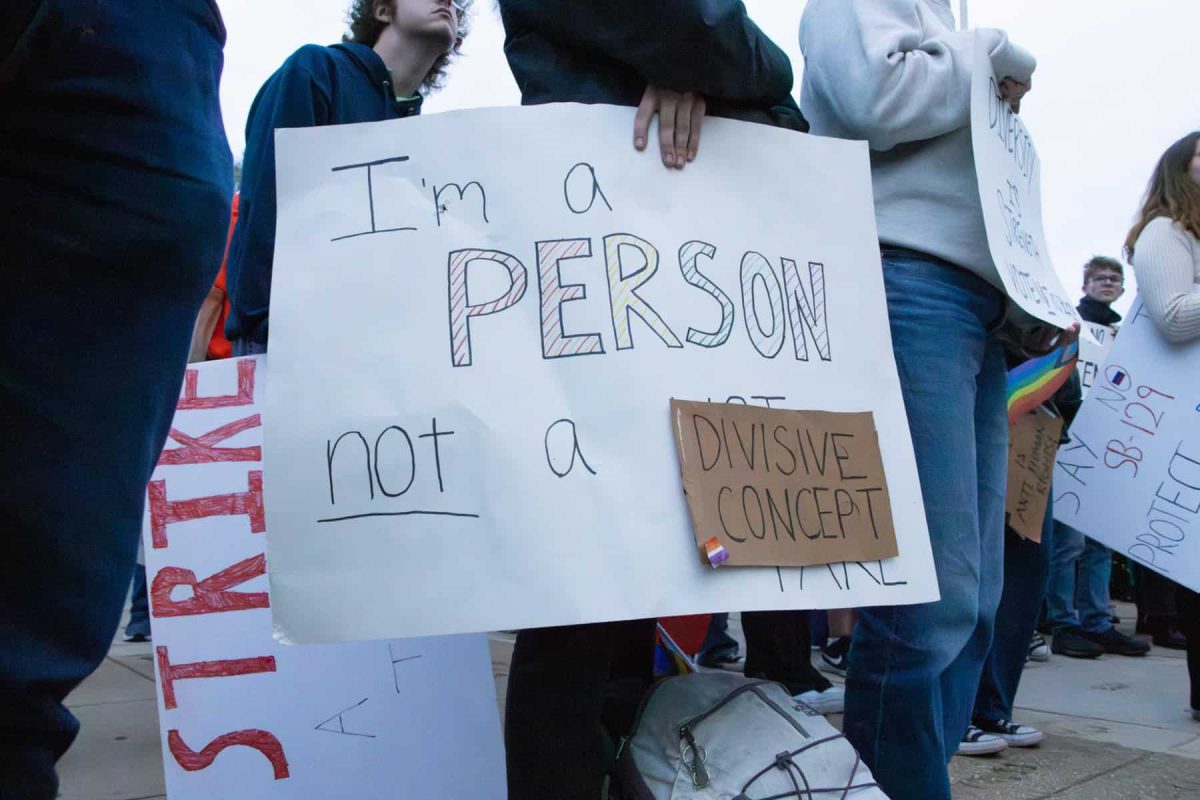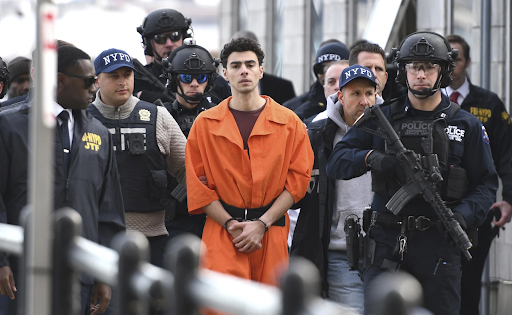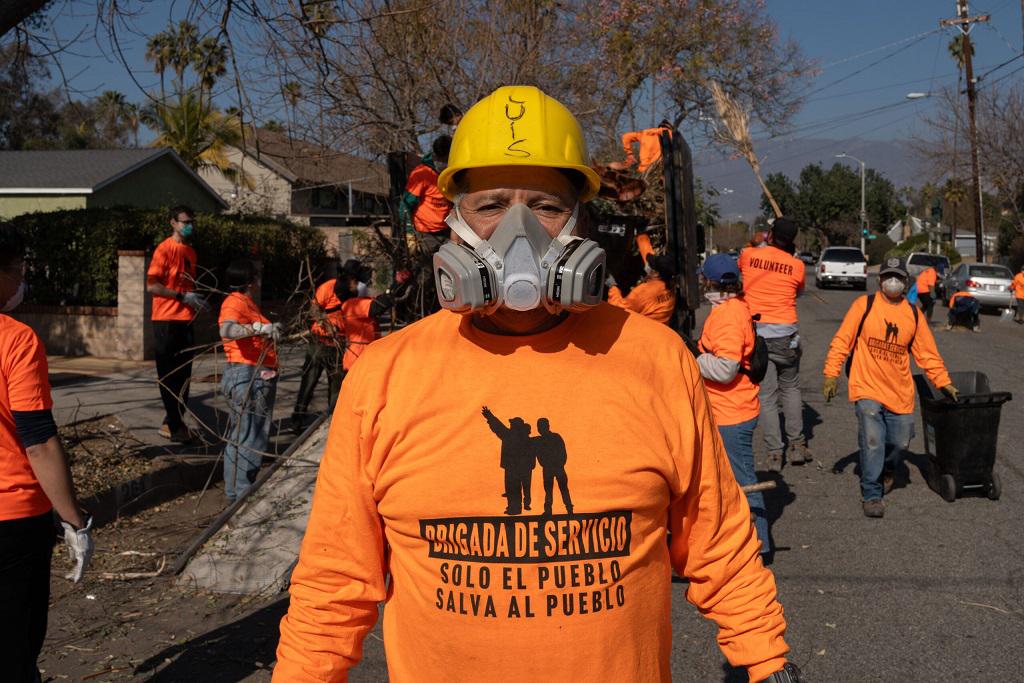Mark McGwire’s recent confession of steroid use was anything but shocking. After years of speculation about the genuineness of baseball’s biggest slugger’s records, many people assumed McGwire’s stellar career had been unfairly achieved, especially after he ambiguously refused to admit anything in a testimony before Congress five years ago. But his silence was broken earlier this month when he tearfully came clean to the public. Unfortunately, it has become a common theme in the sports world today—athletes admitting their faults and subsequently begging us, the fans, for forgiveness.
The question we must ask ourselves, then, is how do we go about forgiving them, if at all? After all, we invited McGwire into our home, cheered for him and shared in the celebrations of his record-breaking career with the Cardinals. To find out it was all a sham is heartbreaking for hometown fans and casual spectators of the sport alike because of his former “national hero” status.
After the congressional hearings in 2005, McGwire virtually disappeared from the public eye. However, in October, it was announced that he would return to the Cardinals as the hitting coach for the 2010 season. Some people were outraged by the decision. They have labeled McGwire a bad influence, and question the ethicality of McGwire advising and mentoring young players. Others see it as a second chance for a man who has made a living out of baseball and wants to continue to do so, simply for love of the game. The latter is the attitude we ought to adopt. To forgive does not mean advocating wrongdoing; it simply means offering up a clean slate.
It’s something of a real-life version of the Prodigal Son parable. In the midst of fame and fortune, McGwire made a harmful decision. Now, he wants to come home to St. Louis and make amends to us, the fans. So which role do we assume? Should we choose to be the prodigal son’s father, who welcomes him home with open arms? Or should we choose to act like the older son, unforgiving and bitter?
Here is where we might consider employing our Jesuit education. As students at a Jesuit institution, we ought to ask ourselves what we have been taught about forgiveness. What would the Jesuits do? As long as someone apologizes and repents for their sins, as McGwire has done, we ought to choose the difficult, but ethical, course of action by forgiving him and welcoming him back to Busch Stadium. In his confession, McGwire did not blame anyone except himself, an action indicative of his repentance. We have the opportunity to represent a sector of St. Louis that stands behind McGwire, while the rest of the city deliberates its stance, as evidenced by the continuing debate over whether or not the sign bearing McGwire’s name on Highway 70 ought to be renamed.
McGwire, who has always been a private person, knew that returning to the public eye meant he would have to come clean about his past once and for all. The decision to speak may have been strategic, but that does not mean it was insincere. If anything, we ought to applaud McGwire for openly speaking out, a feat neither Barry Bonds nor Roger Clemens has bothered to try achieving.
McGwire has urged us to “move on.” I say we do just that.
Madeline Roth is a freshman in the College of Arts and Sciences.














